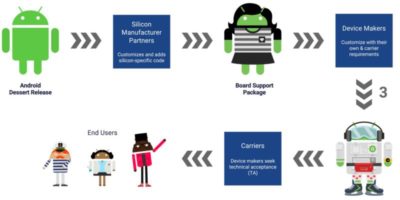As businesses and consumers struggle to remain vigilant about securing access to services that contain privileged information, identity management solutions continue to surge in popularity. Many experts say that this could be one of the hottest up and coming verticals within the technology sector. Here’s why:
Passwords – A Thing of the Past?
Whenever you sign up for a service, they often require you to adhere to a password complexity scheme. This means that your password must include a minimum of 8 characters, special characters as well as some upper and lower case letters.
Not only is it cumbersome to remember these passwords, but as websites and services are breached, consumers and businesses are at risk of having their clear text passwords published on the dark web. This makes it easy for nefarious actors to impersonate you, steal your personal data and perhaps commit a financial crime.
Because of this growing risk, innovators in the identity management sector have proposed a plethora of alternatives to traditional authentication measures that do not require users to create and maintain a password. Some of the possible solutions to identity management include:
- Biometrics
- Zero Interaction Authentication
- Digital Certificates
- Persona Based Authentication
With each of these authentication methods gaining traction, it is easy to see why password authentication protocols could become a thing of the past.
Identity Management as a Service
The cloud is becoming ubiquitous with enterprise computing and organizations of all sizes are examining cloud solutions to see which one fits their organization best. Grandview Research estimates that the total market capitalization of identity and management services will be worth an astounding $22.6 billion dollars by 2025. This also accounts for an expected 12.6% compound adjusted growth rate. (https://marketmirror24.com/2019/06/global-personal-identity-management-market-is-estimated-to-reach-23039-million-by-2022-allied-market-research/)
Identity Management will help create efficiencies for both consumers and corporations alike. Consumers will experience a better end user experience while corporate users will be able to streamline their internal services while offering a true single sign on solution that works with all of the organization’s internal applications.









